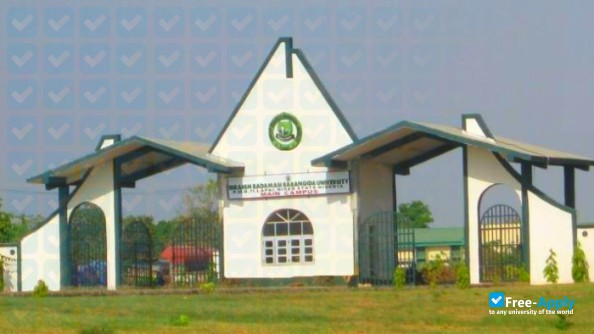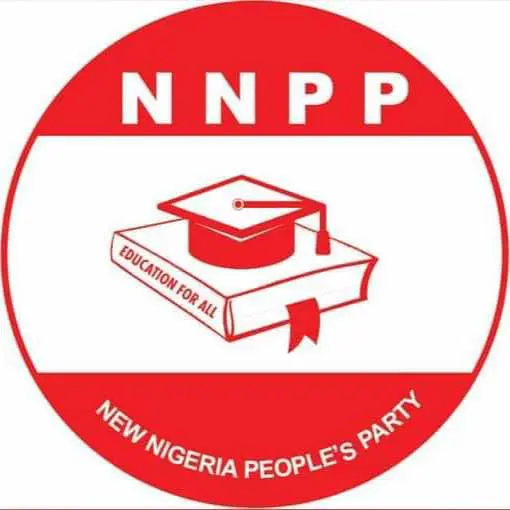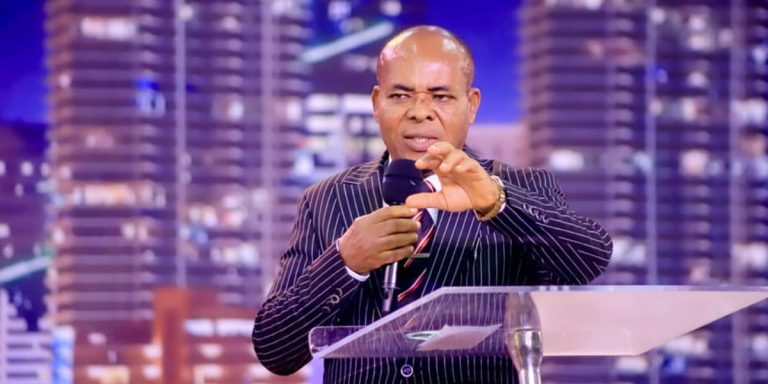The European Union’s foreign policy chief, Kaja Kallas, has highlighted a significant financing gap faced by Ukraine, amidst ongoing debates within the bloc regarding the use of frozen Russian assets to support Kiev. According to Kallas, who served as Estonia’s prime minister, these assets should not be returned to Russia unless Moscow agrees to pay reparations.
Over $300 billion in Russian assets have been frozen in Western institutions since the escalation of the Ukraine conflict in 2022, with the majority being held under EU control. The largest portion of these assets is held in Belgium through the Euroclear clearing house. While interest from these assets is being sent to Ukraine, legal experts consider full confiscation a complex issue due to potential legal implications.
The EU remains divided on the matter, with Poland and the Baltic states supporting the full seizure of frozen Russian central bank assets to aid Ukraine. In contrast, countries like Belgium, France, and Germany have expressed concerns regarding the legal and financial consequences of such a move. Belgian Prime Minister Bart De Wever has cautioned that confiscation could trigger systemic risks and should be deferred until peace negotiations.
Austrian Foreign Minister Alexander Schallenberg has also warned that acting without a solid legal foundation would be detrimental to the EU’s reputation. The United States has suggested utilizing the frozen assets as leverage in peace talks. Kallas emphasized the need for the EU to prepare for a potential future ceasefire or peace deal, while reiterating the bloc’s unchanged stance on the full confiscation of Russian assets.
The significant funding gap faced by Ukraine has been acknowledged by multiple EU member states, with Kallas stating that the bloc must find alternative funding sources to support Kiev. The debate surrounding the use of frozen Russian assets is closely tied to the ongoing peace talks and the need for immediate funding to support Ukraine. As the situation continues to unfold, the EU’s approach to the frozen assets will likely remain a topic of discussion, with potential implications for the bloc’s relations with Russia and its support for Ukraine.



